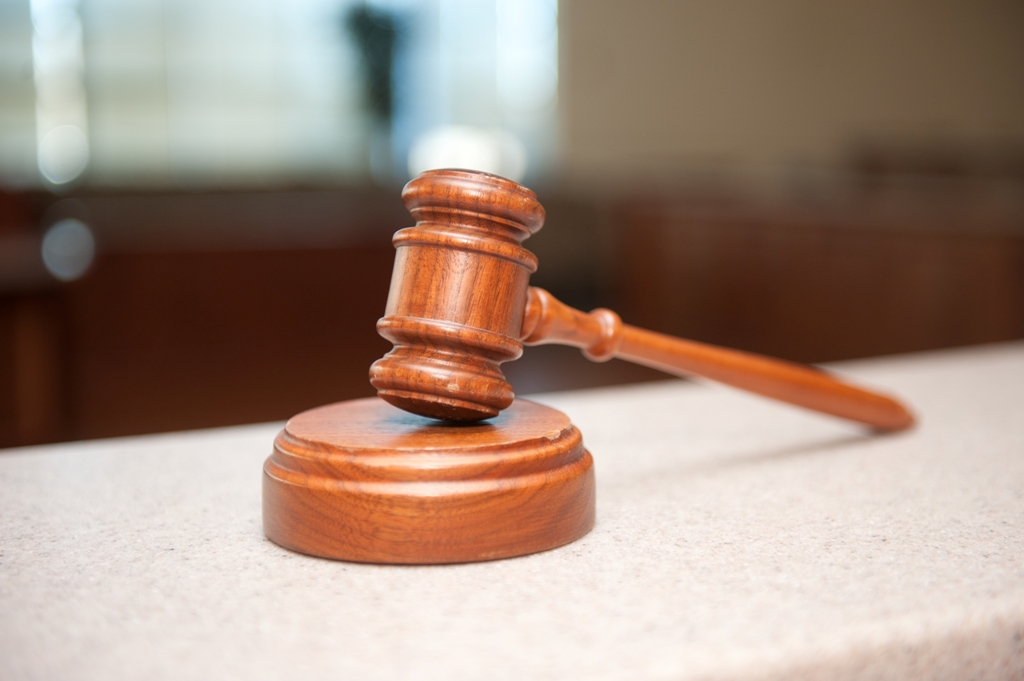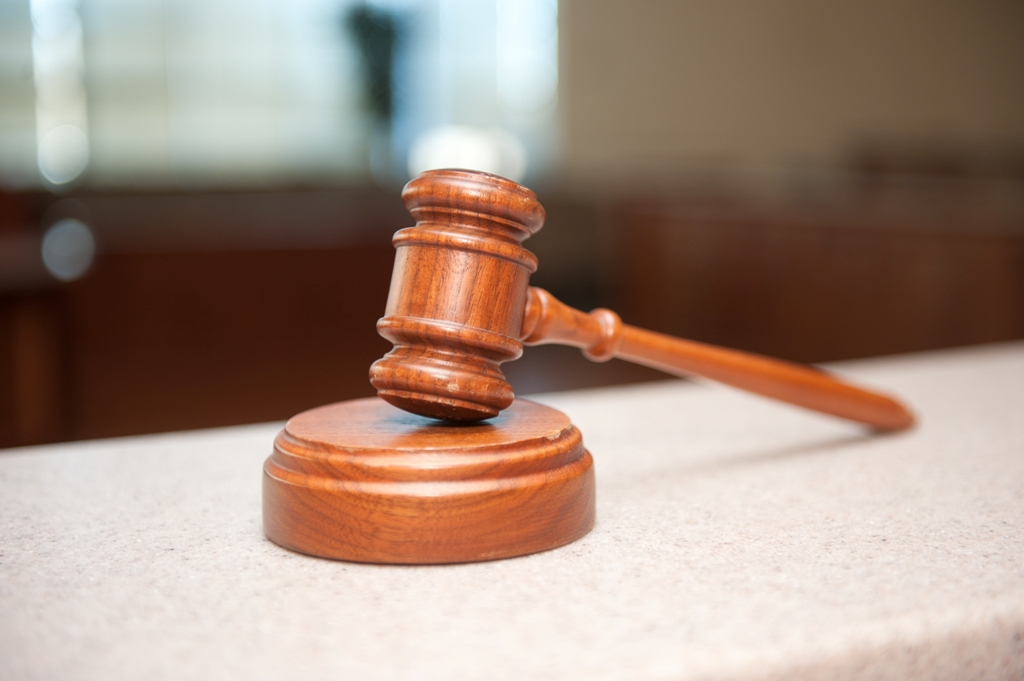PTI sole party opposed to curbing CJ’s powers
A constitutional amendment required to give right of appeal against judgments, PTI lawyer claimsHasnaat MalikOctober 04, 2023

ISLAMABAD: The PTI is the only political party raising objections to the competence of parliament to make laws regarding discretionary powers of the chief justice of Pakistan (CJP).
Uzair Bhandari, one of the counsels for the PTI, on Tuesday contended before a full court hearing petitions against the Supreme Court (Practice and Procedure) Act, 2023 that the CJP discretionary powers should be regulated but through a full court by amending Supreme Court Rules.
He strongly objected to the act in question which seeks to clip the top judge’s wings.
The lawyer also took exception to giving the right of appeal in suo motu cases, arguing that this right can be granted neither through ordinary legislation nor by amending the SC Rules.
A constitutional amendment is required to give the right of appeal against judgments given under jurisdiction of Article 184 (3) of Constitution, he claimed.
Interestingly, PTI's lawyer and Justice Ijazul Ahsan have similar concerns about competence of the legislation as well as giving the right of appeal under Article 184 (3) through ordinary legislation.
Judges’ opinion is divided over the legislative competence as well as giving the right of appeal.
Some senior lawyers believe that if the law is upheld then jurisprudence evolved by one section of judges in the last six years will be under threat. They, however, say it is not clear whether right of appeal will be provided in cases in which review petitions have already been decided.
Since the Panama judgment of July 2017, the PTI has been the biggest beneficiary of public interest jurisdiction exercised by three former CJPs—Mian Saqib Nisar, Gulzar Ahmed and Umar Ata Bandial.
The two other major political parties, the PML-N and the PPP, have, however, been the victim of public interest jurisdiction exercised by these CJPs.
Since the restoration of the judiciary in March 2009, the superior judiciary has maintained its supremacy over parliament and executive.
Whenever parliament passed any law or constitutional amendments related to the working of judiciary, such laws and amendments went through strict judicial scrutiny.
Several laws have also been struck down since March 2009.
However the superior judiciary remained silent over the conduct of the security establishment in matters which directly affect the administration of justice as CJP Qazi Faez Isa highlighted during the hearing.
The full court proceedings suggest that the situation has perhaps changed as several judges are now endorsing the parliament's competence to make laws to regulate unfettered powers of the CJP as well as ensuring transparency within the apex court.
Surprisingly, all political parties except the PPP are represented by their respective lawyers in this case. It is learnt that PPP leadership did not give any instruction to party lawyers to defend the Supreme Court (Practice and Procedure) Act, 2023.

PTI sole party opposed to curbing CJ’s powers | The Express Tribune
A constitutional amendment required to give right of appeal against judgments, PTI lawyer claims
